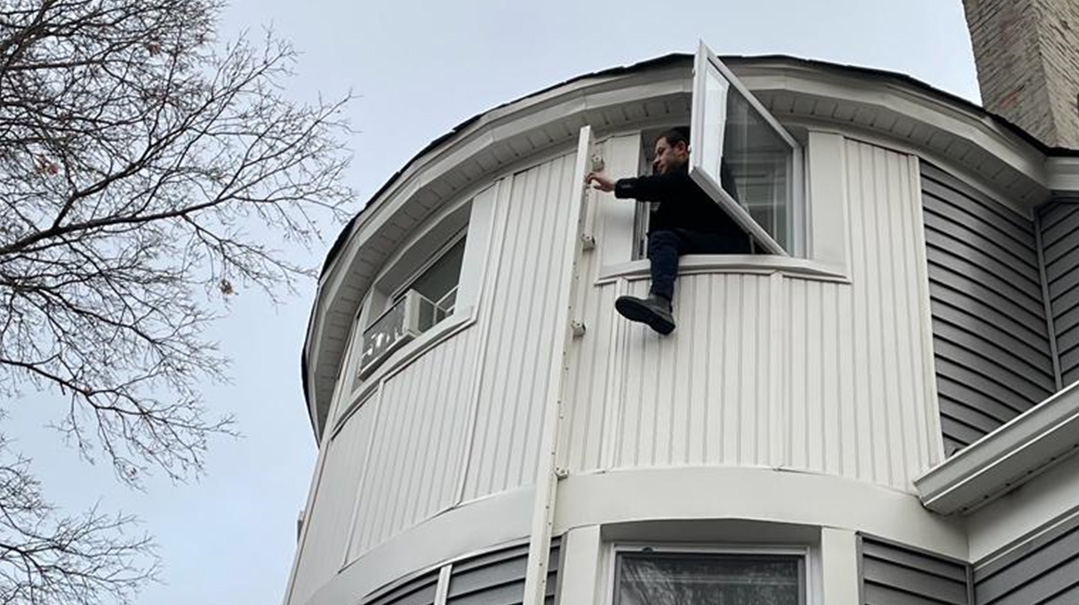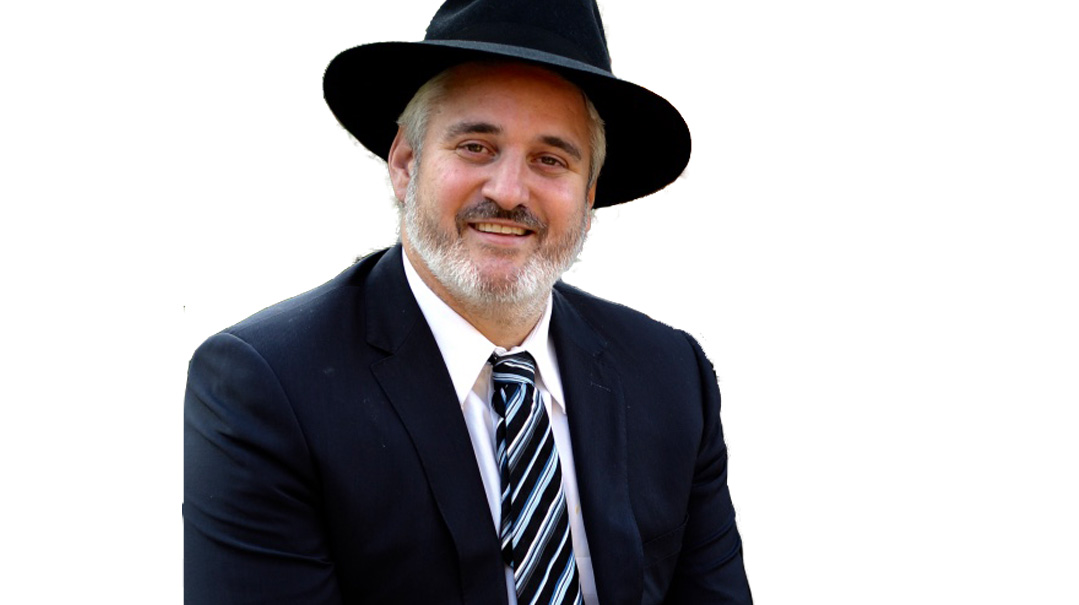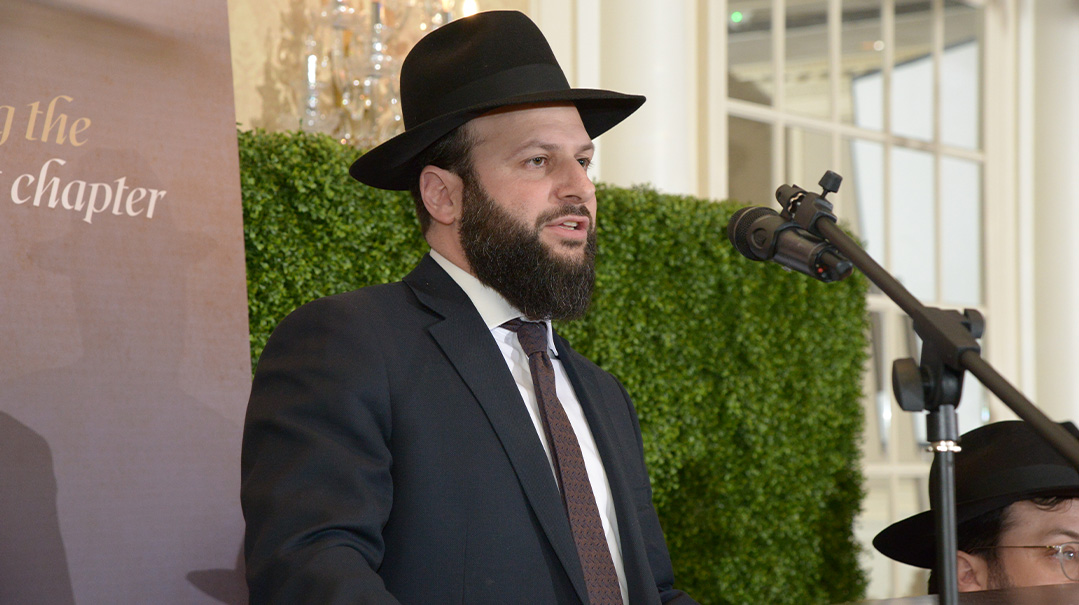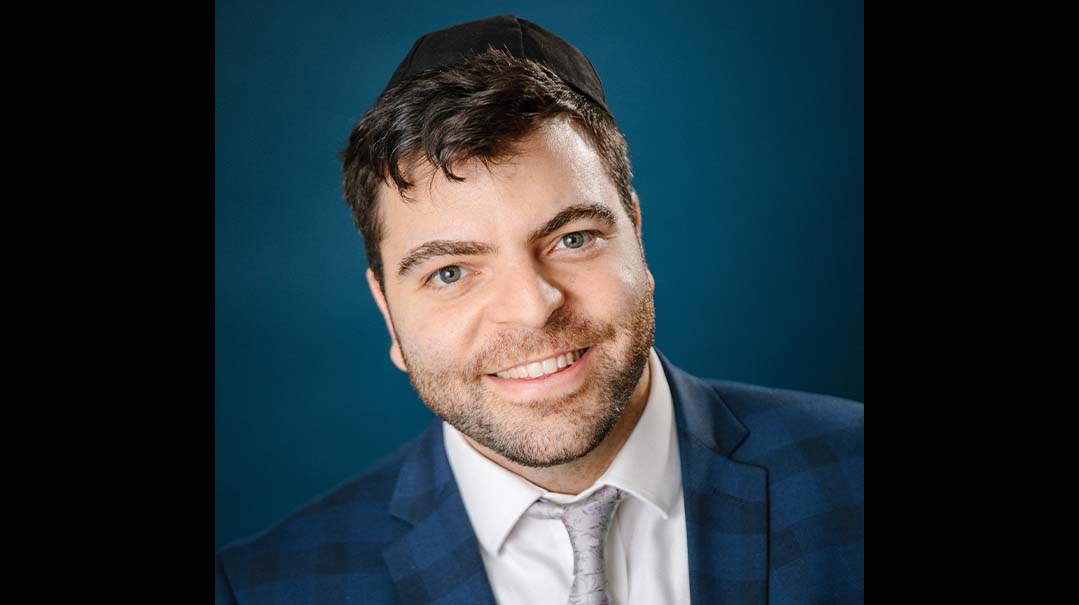10 Questions for Yoni Fishkin

Yosi Fishkin is the CEO of goDaven.com, a website that lists Orthodox minyan locations and times worldwide. He is based in Bergenfield, New Jersey.
1. How many users does goDaven have?
I launched it in 2001 with a list of only about 200 minyan locations. The original plan, which hasn’t changed, is an open source concept: People visiting goDaven will also look up their communities, and if they don’t see their shul, they’ll add it, and if they do see their shul, they’ll provide updates. Baruch Hashem, it’s worked, and the site has grown yearly — we now list 15,000 minyanim in more than 6,500 locations in 70 countries. And that’s not all — programmers have developed apps for iPhones and Android phones that base their minyan information off our database. Approximately 10,000 people a week find minyanim with our service through the site or third-party programs. It’s extraordinarily humbling that so many people are using goDaven regularly.
2. How did you come up with the idea?
I lived in Far Rockaway when I was in the middle of my ophthalmology residency, a very intense eye surgery training program at New York University. There was an abundance of minyan options, and I used my PalmPilot to keep track of the times at each location. After a while, I had a nice organized list of all the davening times in Far Rockaway. The Internet was growing in popularity then, and I thought a website would be a good way to share the information I’d accumulated. Then I realized, why limit the site to Far Rockaway if it could include all New York minyanim? Why limit it to New York if it could include the whole country? Why limit it to the US if it could include all the minyanim in the world? Chabad websites had Chabad minyanim, the Agudah had a Minchah minyan database, and there were a few other localized lists, but there was no one site with all Orthodox minyanim, so I decided to create one.
3. What challenges did you face along the way?
I’ve always been a bit of a geek with a strong interest in computers, and I developed some computer programs, but I didn’t know anything about web design or database management — I learned along the way, with online tutorials and from helpful volunteers. Publicizing the site was also a challenge — I had no advertising budget. I contacted as many Jewish websites as I could to link back to goDaven. Over time, Google began indexing the entire database and ranked it highly in its search engine, and now, if you type in almost any city name with the word “minyan” — Brooklyn minyan, Paris minyan, Moscow minyan — Google will show goDaven as one of the top results.
4. When does goDaven get the most traffic?
Mid-winter break in late January and summer — that’s when the overall level of traffic increases, as well as the number of temporary minyan requests we receive. That “Temporary Minyanim” section of the site wasn’t an original feature — I added it because users requested it, and it’s become extremely popular! It’s useful to put together minyanim for vacation spots, amusement parks, airports, hotels, and conventions. There’s always a demand for minyanim at sports events and cruises, and I’m impressed every January how many ski resorts put minyanim together.
5. Any locations that surprised you?
Places where I don’t expect ten Jews in the whole region, let alone close enough to put together a minyan — Alaska, Croatia, the African Congo. People usually think of goDaven as a site to use on vacation, but surprisingly, a large amount of the traffic comes from Manhattan. There actually aren’t that many shuls there, but there are many office minyanim, so you can use goDaven to find a Minchah minyan within a mile fairly easily.
6. Who’s on staff?
Me. There’s also the unofficial staff of tens of thousands of Yidden around the world who graciously take the time to update the site — from locals to business travelers who make it a point to update me on the minyan situation in every city they visit to people who research as many minyanim as possible and share their findings with me. And whenever someone tells me they use goDaven when traveling, I tell them it’s now officially their job to inform me of minyan updates wherever they go. Recently, Ira Zlotowitz and his Klal Govoha organization assembled a team of professional programmers and designers to help completely revamp goDaven, which will be available within the next few weeks. I’m so grateful to him for providing those resources.
7. How many hours do you spend updating goDaven?
People send e-mails all day every day from around the world with information about new minyanim and updated times at existing minyanim. I have to enter those changes, and I’m at work all day, so I don’t get to it until late at night. I spend one to two hours on goDaven updates on a typical evening, and when that’s not enough, which is often, I use Motzaei Shabbos or Sunday afternoon to catch up. I give a tremendous amount of credit to my wife Lisa, who, after not seeing me all day, understands my need to spend hours on goDaven. It’s been time-consuming, which is why I’m excited about this new site — each minyan will be able to update times on their own instantly.
8. Any other new features?
The “Next Minyan Near Me” feature will give the soonest, closest minyan to you, based on both time and distance. We’re also working on a native goDaven app to make it even easier to find a minyan on the go.
9. Have you had to ask any interesting sh’eilos?
GoDaven is an Orthodox minyan database, and I have no problem listing yeshivos, kollels, chareidi minyanim, Modern Orthodox shuls, and business-based minyanim. But do I list a minyan that doesn’t have a proper mechitzah? How do I handle a minyan where the rabbi is in cheirem? How do I deal with the complicated issue of Open Orthodoxy? These are the questions I pose to rabbanim and poskim, and there are difficult decisions that need to be made.
10. What’s the best part about running goDaven?
I love the feedback e-mails the site generates. I’m inspired by the people who proudly tell me they didn’t miss a single minyan during their year of aveilus by using the site. One person told me goDaven is a security blanket for Kaddish-sayers. I enjoy hearing people saying they base their vacation plans around the information they glean from the site. E-mails like, “Thanks for enabling me to not miss a minyan while on vacation — what a z’chis,” to, “Thanks to your page I found a very late Shajrit minian in Mexico,” to, “Did you hear about this week’s minyan at Killington which met through goDaven? They posted five men looking for a minyan on February 1-2 near Killington. Some other guy, also with a group of five men, saw the post. B’siyata d’Shmaya, their hotel rooms (of the two groups) were in the same hotel, same hallway, door facing door!” Baruch Hashem, there’s no lack of hakaras hatov.
(Originally featured in Mishpacha, Issue 745)
Oops! We could not locate your form.













